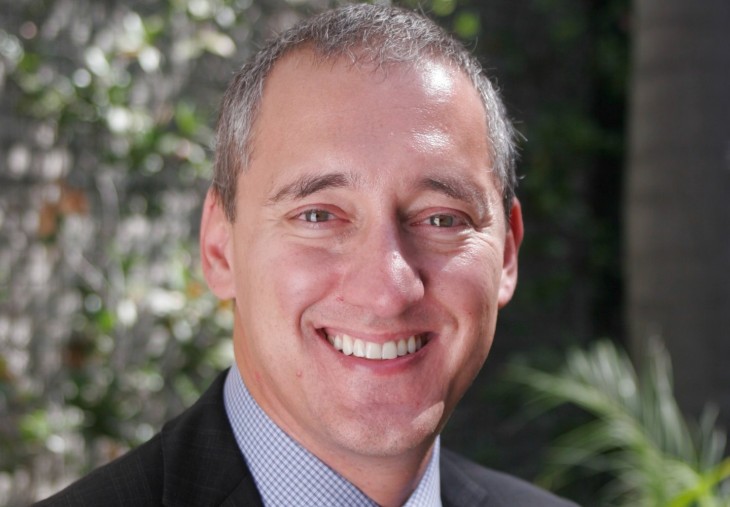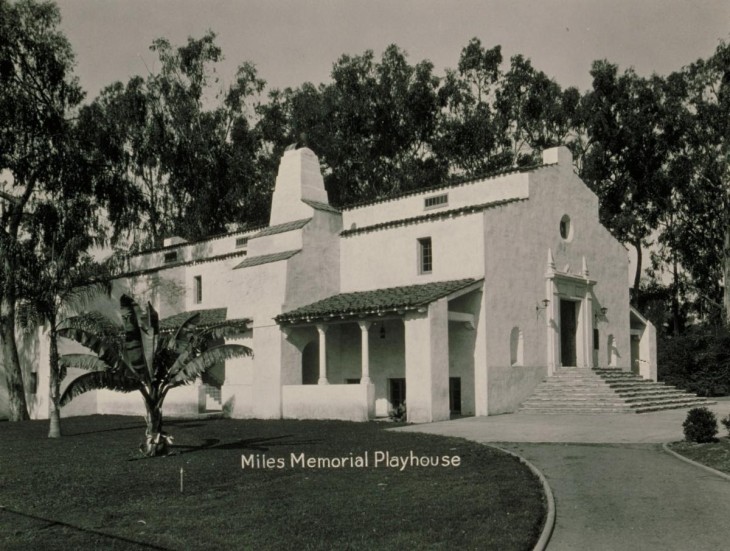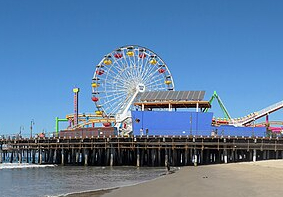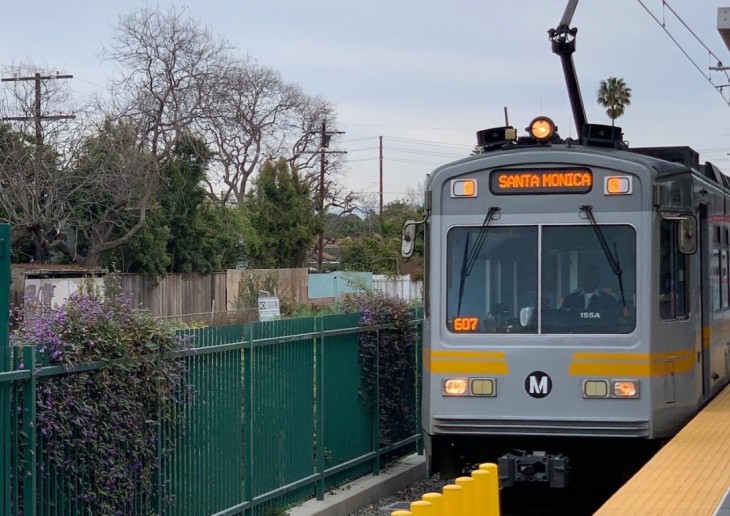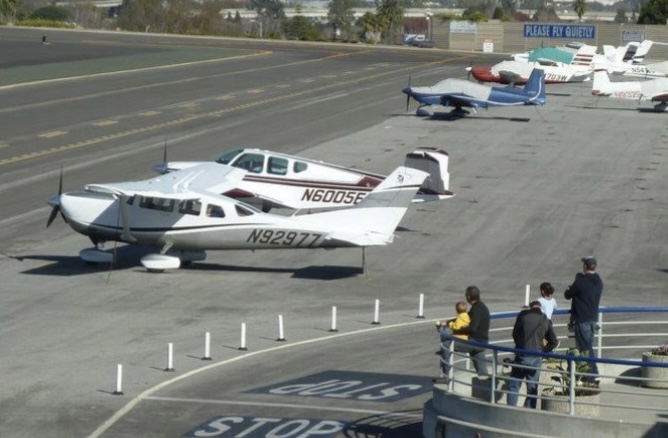Never again. That should be the determined motto of California legislators who will set dates for this state’s future primary elections, now that it’s perfectly clear the June 5 California Republican presidential primary election will mean little or nothing, just like all other June primaries contested here since 1972.
This became clear after Illinois voted in mid-March for ex-Massachusetts Gov. Mitt Romney, and it became more definite when his last major rival, former Sen. Rick Santorum, gave up weeks before the primary in his home state of Pennsylvania despite prior boasts that he would derail the Romney express there.
Santorum first broached the subject of quitting more than a month ago, admitting that once Romney had enough national party convention delegates to clinch the nomination, he would drop out. Santorum might have been belaboring the obvious, but no one seriously running for either party’s nod ever raises the subject of when he or she might quit. That’s why he surprised no one when he actually dropped out.
Santorum, then, knew for more than a month that he had no chance, but persisted in an ego-driven exercise aimed mostly at keeping himself in the public eye to set up the possibility of running again in 2016 or at least remain a major figure in party and national politics.
Either way, he never made any pretense about seriously challenging Romney in California, where the GOP vote will amount to 53 mini-primaries, one in every congressional district. The winner in each district gets three delegates, with 10 more going to the overall statewide leader and three nominally uncommitted, for a state total of 172.
There remains a possibility the slow-to-catch-fire Romney will not clinch the nomination to run against Democratic President Barack Obama until California votes. But as things now shape up, it would take an enormous debacle for him not to have matters cinched by the time he leaves here. For Romney has a huge lead over Santorum and the other delegate-holders, former House Speaker Newt Gingrich and Texas Rep. Ron Paul.
Every GOP consultant knows the Romney, a former Mormon bishop, enjoys a huge advantage over other Republicans in California because of the state’s large Latter Day Saint population – more Mormons live here than even in Utah. They are spread through almost all congressional districts, mostly registered as Republicans and if they vote as their co-religionists did elsewhere, they will go very strongly for Romney, the first Mormon to bid seriously for president.
One reason Santorum dropped out was that he knew this made it impossible for him or any other non-Romney Republican to stage a sweep of almost all districts; about the only way he could have prevented Romney from emerging from California with the 1,144 delegates needed for first-ballot nomination. Add to that the fact that New Jersey also votes on June 5 and Utah itself three weeks later and the math was almost impossible for Santorum to overcome. For Gingrich, it’s completely impossible.
The lesson here is that just as with the 2008 Democratic race between Obama and his current secretary of state, Hillary Clinton, which also went deep into the spring before Obama clinched, by the time June 5 rolls around, things are almost invariably over.
Sure, Romney might celebrate here, but the math meant everyone knew he would be the nominee at least a month ago.
So there will be no whistle-stop campaigning across California, no tours of the Central Valley and North Coast, barely any activity in the urban centers of San Diego, San Francisco, Los Angeles and Orange County.
Even with a slow-developing race like this one, then, California must vote earlier if it’s to have any influence or to enjoy the economic benefits of a major primary campaign. That will be especially true in 2016 if Obama should be reelected this fall, for then there would be wide-open races in both major parties.
If California wants a role, if the state wants a president familiar with its issues and problems, it must have a seat at the nominating table. That makes a January or February vote necessary. Candidates will only spend time and money here if they need California votes to remain viable.
The thwarted dreams of the state’s Republican leaders this year have demonstrated how futile it is to hope a late primary can make California decisive in picking a nominee. That last happened in 1972, when only a few states even had primaries. Since they’ve become widespread, neither party’s decision has ever gone past early May.
Because of uncertainty over the state’s new legislative and congressional district lines, lawmakers opted to set the primary in June this year for their own convenience. That factor will be gone four years from now and it would be purely suicidal folly not to set an early primary then and forever after.


